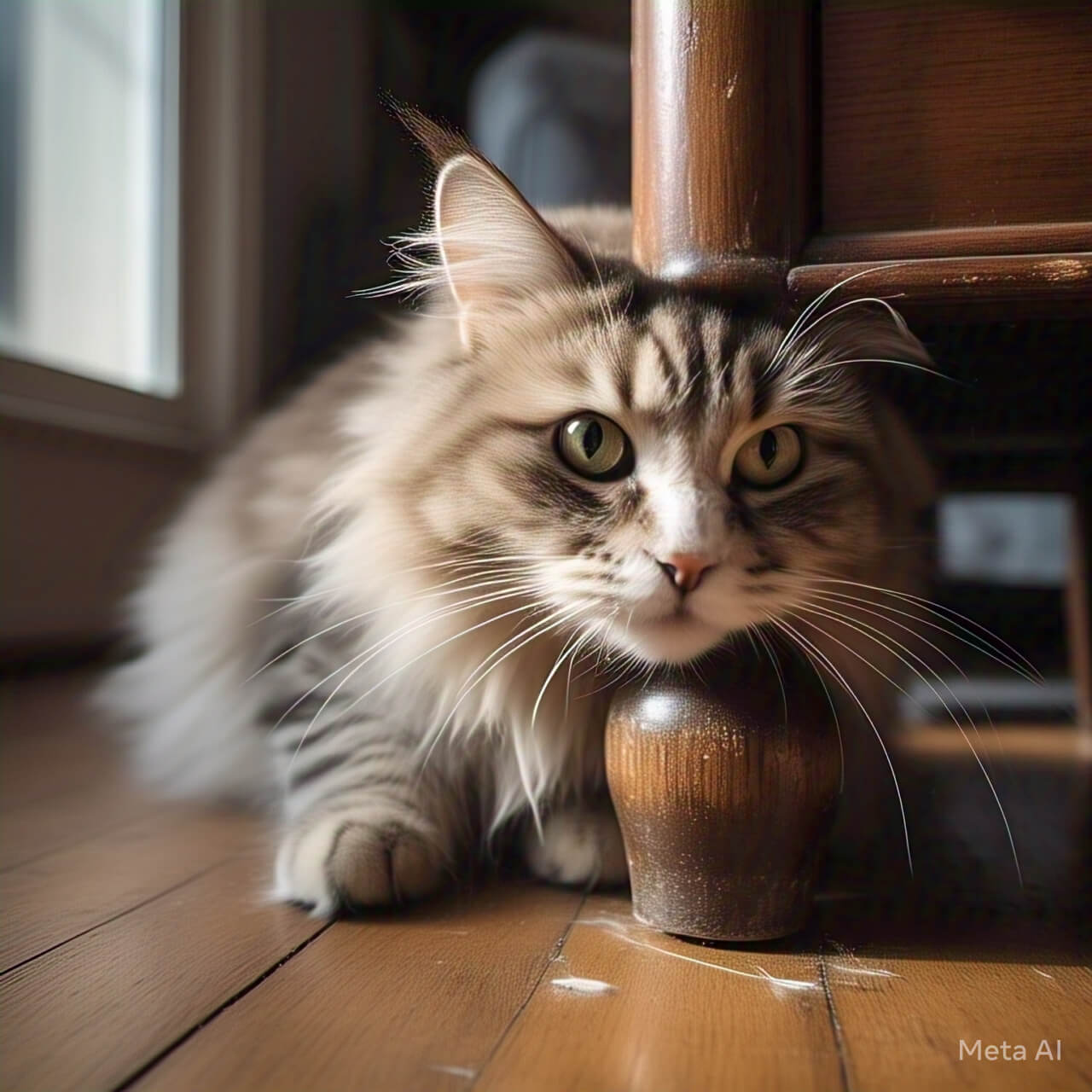Cats are adorable pets, but their scratching habits can be frustrating, especially when they target your furniture. Scratching is a natural behavior for cats—it helps them stretch their muscles, mark their territory, and keep their claws healthy. However, this doesn’t mean your sofa has to suffer. The key to stopping your cat from scratching furniture is to provide alternatives and train them gently. Start by understanding why your cat scratches. Cats often scratch to relieve stress, sharpen their claws, or simply because it feels good.
Instead of punishing your cat, which can make the problem worse, focus on redirecting their behavior. Provide scratching posts, pads, or cat trees near the furniture they usually target. Use positive reinforcement, like treats or praise, when they use these alternatives. You can also make the furniture less appealing by using deterrents like double-sided tape or citrus sprays. With patience and consistency, you can teach your cat to scratch the right things and save your furniture from damage.

10 Tips to Stop a Cat from Scratching Furniture
- Provide scratching posts or pads.
- Place scratchers near furniture.
- Use catnip to attract them.
- Reward good behavior with treats.
- Cover furniture with double-sided tape.
- Spray citrus scents on furniture.
- Trim your cat’s claws regularly.
- Use soft nail caps for cats.
- Keep your cat active and entertained.
- Be patient and consistent.
1. Why Do Cats Scratch Furniture?
Cats scratch furniture for several reasons. It’s a natural instinct that helps them stretch their muscles, shed old claw layers, and mark their territory with scent glands in their paws. Scratching also helps cats relieve stress or boredom. Understanding this behavior is the first step to addressing it. Instead of seeing it as a bad habit, recognize it as a normal part of being a cat.
2. Provide Scratching Alternatives
One of the best ways to stop your cat from scratching furniture is to give them something else to scratch. Invest in scratching posts, pads, or cat trees. Place these near the furniture they usually target. Cats often scratch after waking up, so placing a scratcher near their sleeping area can help.
3. Use Positive Reinforcement
Reward your cat when they use the scratching post instead of the furniture. Give them treats, praise, or a quick play session. Positive reinforcement helps your cat associate the scratcher with good things, making them more likely to use it.
4. Make Furniture Less Appealing
If your cat keeps scratching the same spot, make it less attractive. Cover it with double-sided tape, aluminum foil, or a plastic sheet. Cats dislike sticky or rough textures, so this can deter them.
5. Use Deterrent Sprays
Spray citrus-scented sprays or other cat-safe deterrents on the furniture. Cats dislike strong smells like citrus, which can discourage them from scratching.
6. Trim Your Cat’s Claws
Regularly trimming your cat’s claws can reduce damage to furniture. Use cat-specific nail clippers and be careful not to cut too close to the quick. If you’re unsure, ask your vet for help.
7. Try Soft Nail Caps
Soft nail caps, like Soft Paws, can be glued onto your cat’s claws. These caps are safe and prevent damage when your cat scratches. They usually last 4-6 weeks and come in fun colors.
8. Keep Your Cat Active
A bored cat is more likely to scratch furniture. Keep your cat entertained with toys, climbing structures, and interactive play. A tired cat is less likely to cause trouble.
9. Be Patient and Consistent
Training a cat takes time. Don’t expect overnight results. Stay consistent with your efforts, and your cat will eventually learn where to scratch.
10. Consult a Vet or Behaviorist
If your cat’s scratching becomes excessive or destructive, consult a vet or animal behaviorist. They can rule out medical issues or provide additional training tips.

FAQs
| Question | Answer |
|---|---|
| Why does my cat scratch furniture? | Cats scratch to stretch, mark territory, and maintain their claws. |
| How can I protect my furniture? | Use deterrents like double-sided tape or citrus sprays. |
| What are the best scratching alternatives? | Scratching posts, pads, and cat trees work well. |
| Can I train my cat to stop scratching? | Yes, with patience, positive reinforcement, and consistency. |
| Should I punish my cat for scratching? | No, punishment can make the problem worse. Use positive methods instead. |
By following these tips and understanding your cat’s needs, you can protect your furniture and keep your cat happy.









